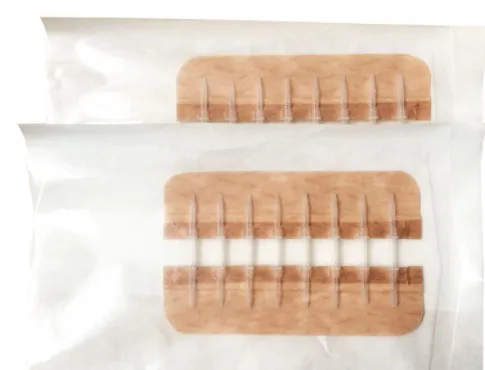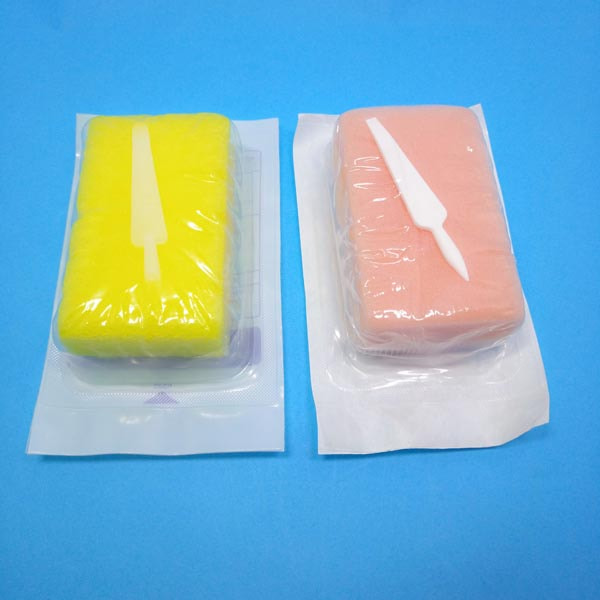Do surgical gowns expire?
Surgical gowns play a crucial role in maintaining sterile conditions during medical procedures, protecting both healthcare workers and patients from potential infections. However, like many medical supplies, surgical gowns do have a shelf life that can impact their effectiveness and safety. Let's explore whether surgical gowns expire and what factors influence their shelf life:
Factors Affecting Shelf Life:
1. Material Composition: Disposable Surgical gowns are typically made from various materials, including cotton, polyester, or disposable non woven fabrics. The material composition can affect the durability and longevity of the gown.
2. Sterilization Method: Surgical gowns are usually sterilized using methods such as gamma irradiation, ethylene oxide (EO) gas, or steam sterilization. The sterilization method and its effectiveness can influence the shelf life of the gown.
3. Storage Conditions: Proper storage conditions are essential for preserving the integrity of surgical gowns. Factors such as temperature, humidity, and exposure to light can impact the stability and shelf life of the gowns.
4. Regulatory Requirements: Regulatory agencies, such as the Food and Drug Administration (FDA) in the United States, may specify requirements for the shelf life and expiration dating of medical devices, including surgical gowns.
Does the Expiration Date Matter?
While surgical gowns may have an expiration date indicated by the surgical gowns manufacturer, it's essential to understand the significance of this date:

1. Quality Assurance: The expiration date serves as a quality assurance measure to ensure that the surgical gown meets performance standards and remains sterile until the specified date.
2. Sterility Assurance: Over time, the sterility of surgical gowns may degrade due to factors such as handling, storage conditions, and exposure to contaminants. The expiration date provides guidance on when the gown should be used to maintain its sterility.
Related links:Health & Medical
What are the 4 properties of protective clothing?
What is multi drug test?
Nitrile vs Latex vs Vinyl Gloves – Understand difference between these 3 gloves types!
How do you know if a surgical pack is good to buy?
The Complete Guide to Hydrophilic Non Woven Fabric
How accurate is the rapid hCG test?
3. Manufacturer's Recommendations: It's crucial to follow the manufacturer's recommendations regarding the expiration date of surgical gowns to ensure safety and compliance with regulatory requirements.
4. Risk Assessment: Healthcare facilities may conduct risk assessments to determine whether expired surgical gowns can still be used safely. Factors such as the type of procedure, patient population, and availability of alternative gowns may influence the decision to use expired gowns.
Managing Expired Surgical Gowns:
1. Inspection: Before using expired surgical gowns, conduct a visual inspection to check for any signs of damage, such as tears, stains, or compromised packaging. Discard any gowns that appear damaged or compromised.
2. Sterility Testing: Consider performing sterility testing on expired surgical gowns to verify their integrity and ensure they remain sterile. This testing may involve microbial testing or biological indicator testing to assess the effectiveness of the sterilization process.
3. Risk Mitigation: Implement risk mitigation measures, such as using additional protective barriers or alternative gowning procedures, when using expired surgical gowns to minimize the risk of contamination or infection.
4. Disposal: Properly dispose of expired surgical gowns according to institutional protocols and regulatory requirements. Dispose of gowns in designated medical waste containers to prevent potential exposure to contaminants.
Conclusion:
In conclusion, while Disposable Surgical gowns may have an expiration date indicated by the manufacturer, the significance of this date depends on various factors, including material composition, sterilization method, storage conditions, and regulatory requirements. It's essential to follow manufacturer recommendations and conduct risk assessments when using expired surgical gowns to ensure safety and compliance with sterile processing standards. By understanding the factors affecting the shelf life of surgical gowns and implementing appropriate management practices, healthcare facilities can maintain sterility and safety during medical procedures.
Ampoules vs. Vials: Uses and Differences
What is the use of borosilicate threaded glass tubes?
PROTACs: The Next Frontier in Targeted Drug Therapy
How do you use oral swab sticks?
what is citicoline good for?
What are the Benefits of Electric Hospital Beds?
8 Reasons Doctors Should Choose SonoAir









